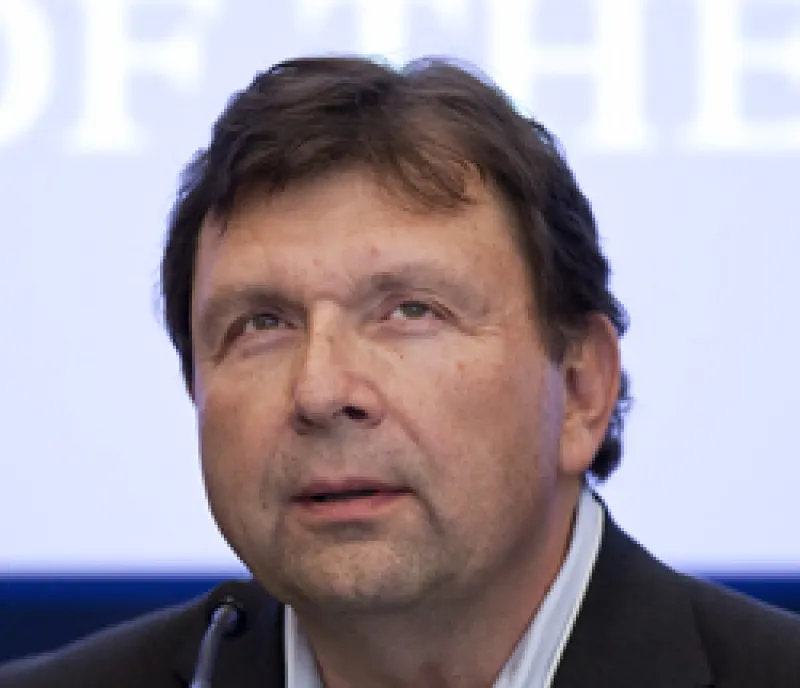
CalSTRS Takes Another Step Towards Sustainable Investing
From now on, CEO Jack Ehnes announced, all performance-related discussions that the pension giant has with its external managers will include an analysis of how environmental, social, and governance (ESG) issues factor into their strategies.
Katie Gilbert
May 15, 2011


